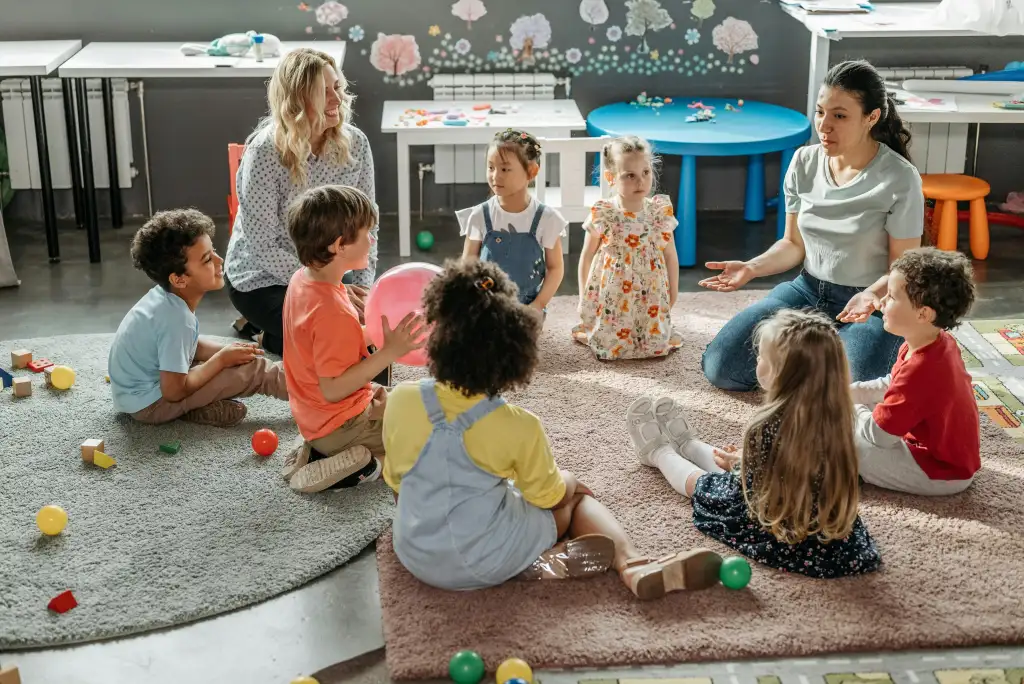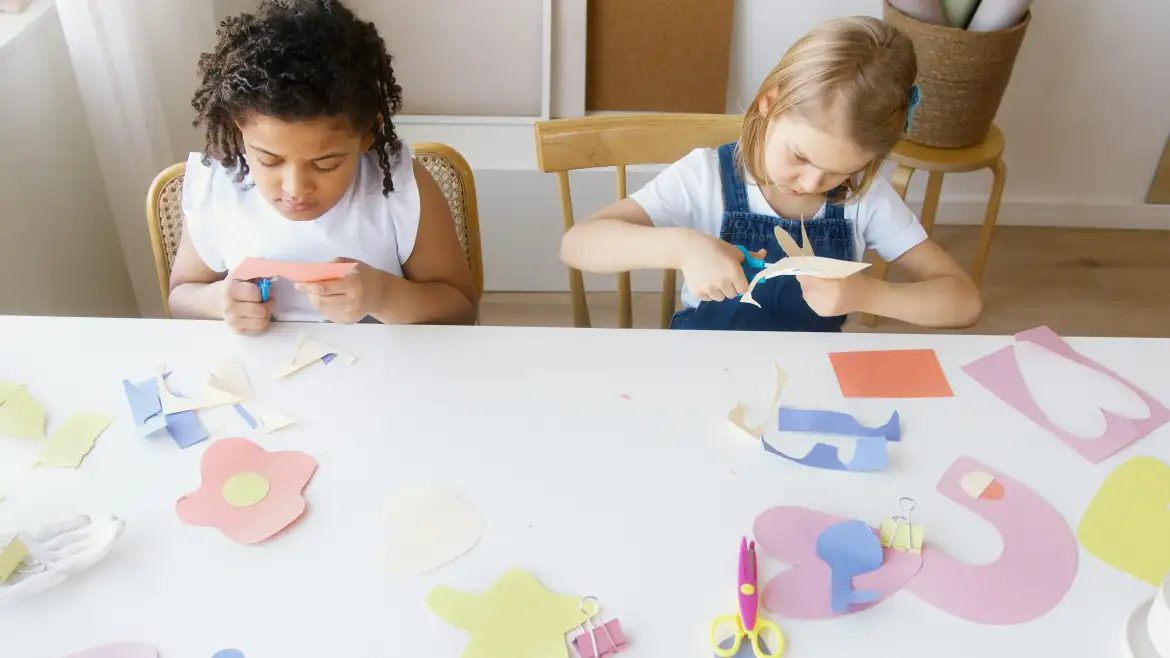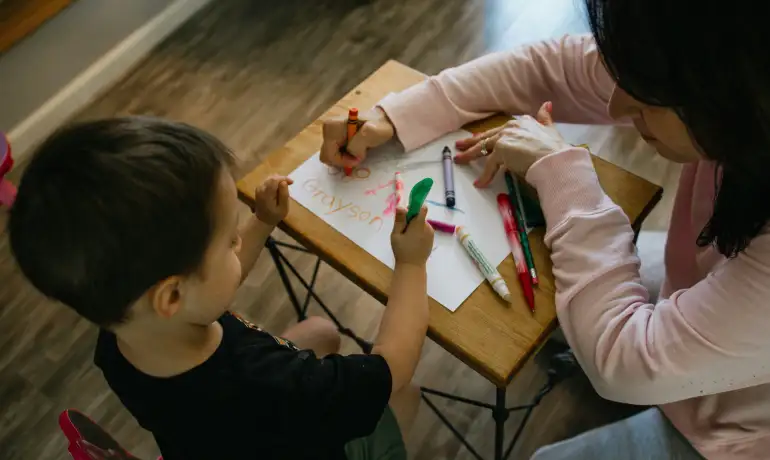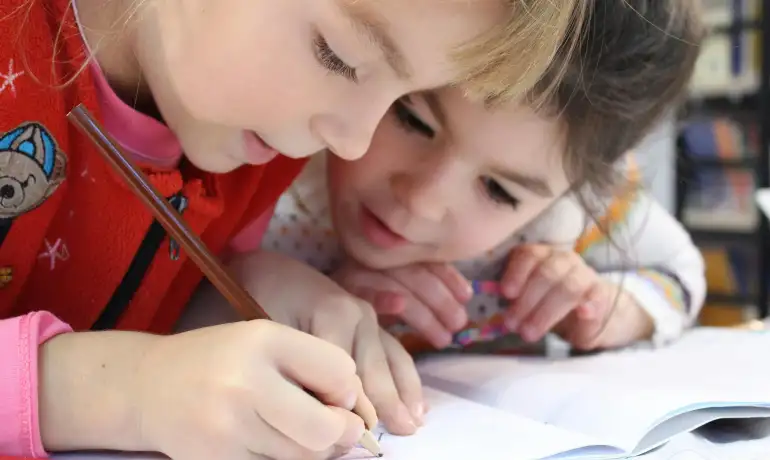Early childhood education Singapore is more than just a stepping stone—it’s the foundation of your child’s lifelong learning journey. In a city with countless preschool options, selecting the right one can feel overwhelming. Yet most articles only scratch the surface. They focus on subsidies or curriculum frameworks but often miss the real questions parents ask every day.
In this guide, we’ll explore 8 important yet overlooked insights that can help you make a more confident, informed decision.
1. Parent Reviews Provide the Most Honest Lens
While preschool websites offer polished information, they rarely tell you how a child feels waking up each morning. That’s where real parent reviews make a difference.
Parents often share valuable insights like:
- How warm and patient the teachers are
- Whether communication is transparent
- If the learning environment is truly engaging
To get these honest reviews, check platforms like KiasuParents, Facebook groups, or Google Maps. Talking to other parents during open houses can also reveal a lot that brochures don’t.

2. Preschool Fees Vary Widely—Know What You’re Paying For
Preschools in Singapore can differ drastically in cost. Here’s a quick look at the common range:
- MOE Kindergartens: ~$160–$180/month (half-day)
- Anchor Operators (e.g., PCF Sparkletots): $700–$1,200/month
- Premium Private Preschools: $1,800–$2,500/month
Fees may include meals, enrichment programmes, and bilingual education. Always ask for a breakdown. Tools like the ECDA subsidy calculator help estimate your real out-of-pocket cost.
Understanding fees is essential when choosing an early childhood education Singapore provider that fits your family’s budget and values.
3. Curriculum Styles Aren’t One-Size-Fits-All
Different preschools use different philosophies. Some follow Singapore’s NEL Framework, while others integrate international approaches such as:
- Montessori: Self-paced, hands-on learning
- Reggio Emilia: Project-based and expressive
- Waldorf: Focuses on imagination and nature
- Play-based Learning: Emphasizes social interaction and creativity
When exploring early childhood education Singapore options, ask schools how they apply these philosophies in daily routines. Some schools blend elements for a more balanced experience.
4. Technology Is Becoming a Key Learning Tool
Technology is reshaping how kids learn—even in preschool. Many schools now incorporate:
- Smartboards for group lessons
- Tablets for phonics and math games
- Digital portfolios for parent-teacher communication
Used correctly, tech can enhance learning—but should never replace real play. The best early childhood education Singapore providers balance innovation with traditional play and face-to-face engagement.
5. Special Needs Support Isn’t Uniform
Inclusion is a national priority, but actual support varies widely.
Look for schools that offer:
- Shadow teachers
- Early intervention specialists
- Curriculum flexibility
If you’re transitioning from Infant care Singapore, choosing a preschool that supports neurodiversity ensures your child receives consistent and nurturing care.
6. Popular Preschools Fill Up Fast
Did you know some parents register 12 months in advance? Especially in high-demand areas like Bukit Timah or Tampines, good schools fill up quickly.
Tips:
- Register early and join waitlists
- Attend open houses to show intent
- Keep options open for timing (AM/PM slots)
Smart planning gives you more control over your early childhood education Singapore journey.
7. Infant Care to Preschool: A Major Transition
Moving from infant care to preschool brings a shift in environment and expectations.
To ease the transition:
- Talk positively about school
- Practice short separations
- Ask if trial days or progressive entry are offered
Centres like Little Unicorn Preschool provide both infant care and preschool under one roof, ensuring a smoother handover.
8. Keep an Eye on National Trends
Government efforts are improving access and quality in early childhood education. Here are a few notable updates:
- Over 85% of Singaporean children aged 4–6 attend preschool
- ECDA’s SPARK framework now emphasizes classroom engagement and safety
- MOE Kindergartens continue expanding across the island
Understanding these trends helps you make a choice that aligns with long-term educational goals.
FAQ: Early Childhood Education in Singapore
Q: What’s the ideal age to start preschool?
Typically between 18–24 months. Playgroup and nursery levels are designed for early social development.
Q: Are private preschools better than MOE Kindergartens?
Both have strengths. Private preschools often offer specialised programmes, while MOE KGs are affordable and structured.
Q: What if my child needs extra support?
Choose schools with inclusion programmes, trained teachers, and a nurturing environment—especially if continuing from Infant care Singapore.
Conclusion: Choose With Confidence
Your child’s first school experience matters deeply. Choosing the right early childhood education Singapore provider can inspire a lifelong love of learning, build resilience, and nurture emotional growth.
Looking for a warm, balanced, and bilingual preschool in Singapore?
👉 Explore Little Unicorn Preschool
📩 Contact our team to book a school tour or ask questions.



